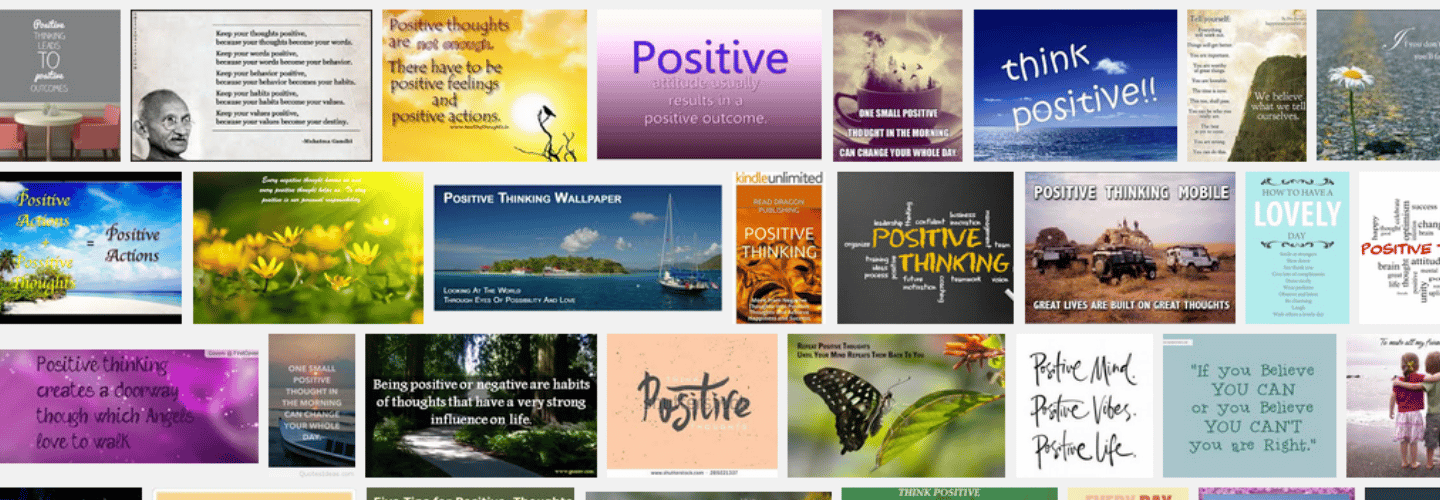
Mindfulness exercises can greatly boost your ability to think positively, by helping you anchor in the present moment. Simple techniques like focused breathing and mindful walking serve as powerful tools, transforming everyday activities into opportunities for insight and emotional balance. They cultivate a greater appreciation of life's details and enhance mental clarity. As you practice regularly, you'll notice a profound shift in your mindset towards a more positive and resilient outlook, revealing deeper layers of peace and understanding in each step.
Key Takeaways
- Practice diaphragmatic breathing to enhance focus and calm, fostering a positive mindset.
- Engage in mindful walking, syncing breath with steps to reduce stress and cultivate positivity.
- Use gratitude journaling to shift focus towards positive daily occurrences and thoughts.
- Incorporate mindful eating to savor flavors and textures, enhancing sensory appreciation and joy.
- Employ grounding techniques during routine activities to increase present-moment awareness and positivity.
The Essence of Mindfulness in Daily Life

Incorporating mindfulness into your daily life can transform mundane moments into opportunities for growth and serenity.
By practicing mindful eating, you'll savor each bite, appreciating flavors and textures, and fostering a deep connection with your food. It's not just about eating; it's about experiencing.
Similarly, gratitude journaling each night shifts your focus to what's positive, encouraging a thankful spirit. You'll start noticing the good in your day, however small.
These practices aren't just tasks; they're transformative experiences that enrich your daily life, making each moment richer and more meaningful.
Embrace these simple acts; they're powerful tools for change.
Techniques for Cultivating Present-Moment Awareness
To cultivate present-moment awareness, you might start by focusing on your breath.
But let's expand your toolkit. Try mindful eating: engage fully with the experience of eating, noting the textures, flavors, and sensations. This practice grounds you in the now, enhancing your sensory awareness.
Notice the details of your daily activities—feel the water on your skin during a shower, or observe the movement of your fingers as you type.
These simple acts aren't just routine; they're opportunities to anchor yourself in the present.
Breathing Exercises to Enhance Focus and Calm

As you explore mindful eating and other grounding techniques, consider adding breathing exercises to further enhance your focus and calm.
These simple practices can profoundly impact your mental clarity and emotional balance:
- Diaphragmatic Breathing: Slowly breathe in through your nose, letting your diaphragm expand fully, then exhale gently through pursed lips.
- 4-7-8 Technique: Inhale for 4 seconds, hold for 7 seconds, and exhale for 8 seconds. This method is especially good for reducing anxiety.
- Counted Breath: Inhale while counting to four, hold briefly, and exhale to the count of four, focusing fully on each count.
These techniques can greatly boost your focus enhancement efforts.
The Role of Mindful Walking in Stress Reduction
While you navigate through daily stresses, mindful walking offers a simple yet powerful way to ground yourself in the present moment.
This practice transforms a routine stroll into a revitalizing journey. As you focus on each step, feeling the earth beneath your feet and syncing your breath with your movements, you engage deeply with the now.
This alignment not only provides immediate stress relief but also cultivates a habit of mindfulness that enriches your daily life.
Embrace mindful walking as your retreat into peace; it's your pathway to shedding the day's tension and reclaiming tranquility, step by step.
Utilizing Mindfulness to Combat Anxiety and Depression

If you're grappling with anxiety or depression, integrating mindfulness into your daily routine can offer a profound source of relief.
Here's how you can start:
- Practice Deep Breathing: Focus on slow, deep breaths to calm your mind and reduce anxiety.
- Engage in Mindful Walking: Take gentle walks, being fully aware of each step and breath, feeling connected to your environment.
- Journal with Awareness: Reflect on your daily experiences without judgment, fostering a deeper understanding of your thoughts and feelings.
These simple steps can reveal significant mindfulness benefits, easing your anxiety and enhancing your emotional well-being.
You're not alone on this journey.
How Regular Mindfulness Practice Improves Cognitive Health
After exploring how mindfulness can alleviate anxiety and depression, it's equally important to appreciate its impact on cognitive health.
Practicing mindfulness consistently sharpens your cognitive flexibility and bolsters emotional resilience. You'll find yourself better equipped to adapt to new challenges and recover from setbacks.
This isn't just about being more efficient; it's about fostering a brain environment where you're continually learning and growing.
Mindfulness enhances your ability to focus, process information, and respond to stress with a calm, clear perspective.
Embrace these practices and you'll notice not just a healthier mind, but a more vibrant, resilient life overall.
Integrating Mindfulness Into Nightly Routines for Better Sleep

Incorporating mindfulness into your nightly routine can greatly enhance your sleep quality.
By adopting simple mindfulness exercises, you'll improve not just how quickly you fall asleep but also the depth of your rest.
Here are effective ways to weave mindfulness into your sleep enhancement efforts:
- Guided Meditation: Use a short audio guide to help shift your mind away from daily stresses.
- Mindful Breathing: Slow, deep breaths can reduce tension, preparing your body for sleep.
- Gratitude Reflection: Spend a few minutes acknowledging the day's positives, fostering a peaceful state of mind.
Embrace these nightly rituals; they're transformative steps toward better sleep.
Frequently Asked Questions
How Does Mindfulness Influence Relationships and Communication?
Mindfulness boosts your emotional intelligence and active listening, enhancing how you connect and communicate. It helps you respond more thoughtfully, fostering deeper, more understanding relationships that are supportive and empathetically driven.
Can Mindfulness Benefit Children in Educational Settings?
Absolutely, mindfulness techniques can greatly benefit children in educational settings. They'll enhance focus, reduce stress, and improve emotional regulation, making the classroom environment more conducive to learning and personal growth.
Are There Mindfulness Exercises Specifically for Workplace Stress?
Feeling overwhelmed at work? You can try workplace meditation for stress reduction. These targeted exercises help you stay present and reduce tension, making your workday smoother and more manageable. Why not start today?
How Does Mindfulness Interact With Other Forms of Therapy?
Mindfulness integration with other therapy approaches enhances your treatment. It teaches you to remain present, complementing traditional therapies by improving your emotional awareness and reducing stress, making you more receptive to therapeutic techniques.
What Are the Risks or Downsides of Practicing Mindfulness?
You might face misconceptions about mindfulness leading to emotional avoidance, not addressing deeper issues. It's essential you approach it thoughtfully, ensuring it complements your emotional journey rather than masking unresolved problems.
Conclusion
As you commence on this journey of mindfulness, imagine each practice as a key revealing the door to a serene garden within you. Here, stress and worry dissolve like morning mist under the sun's warm rays, leaving clarity and joy in their wake. Embrace these exercises nightly, and watch as your mind blossoms into a haven of peace. Remember, every mindful step is a stride towards a happier, healthier you. Keep walking, keep breathing, keep growing.
